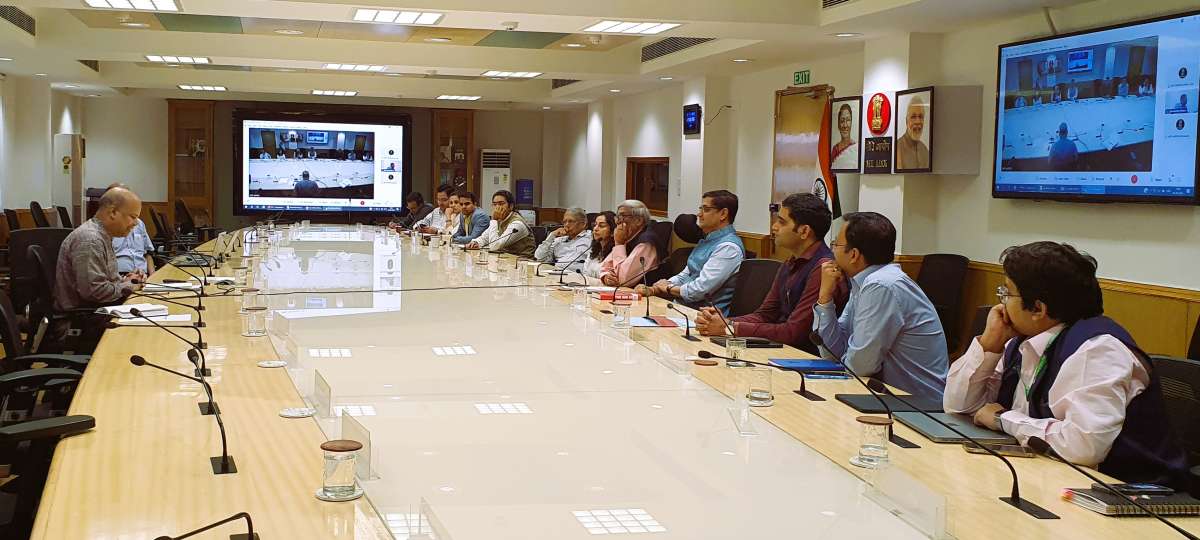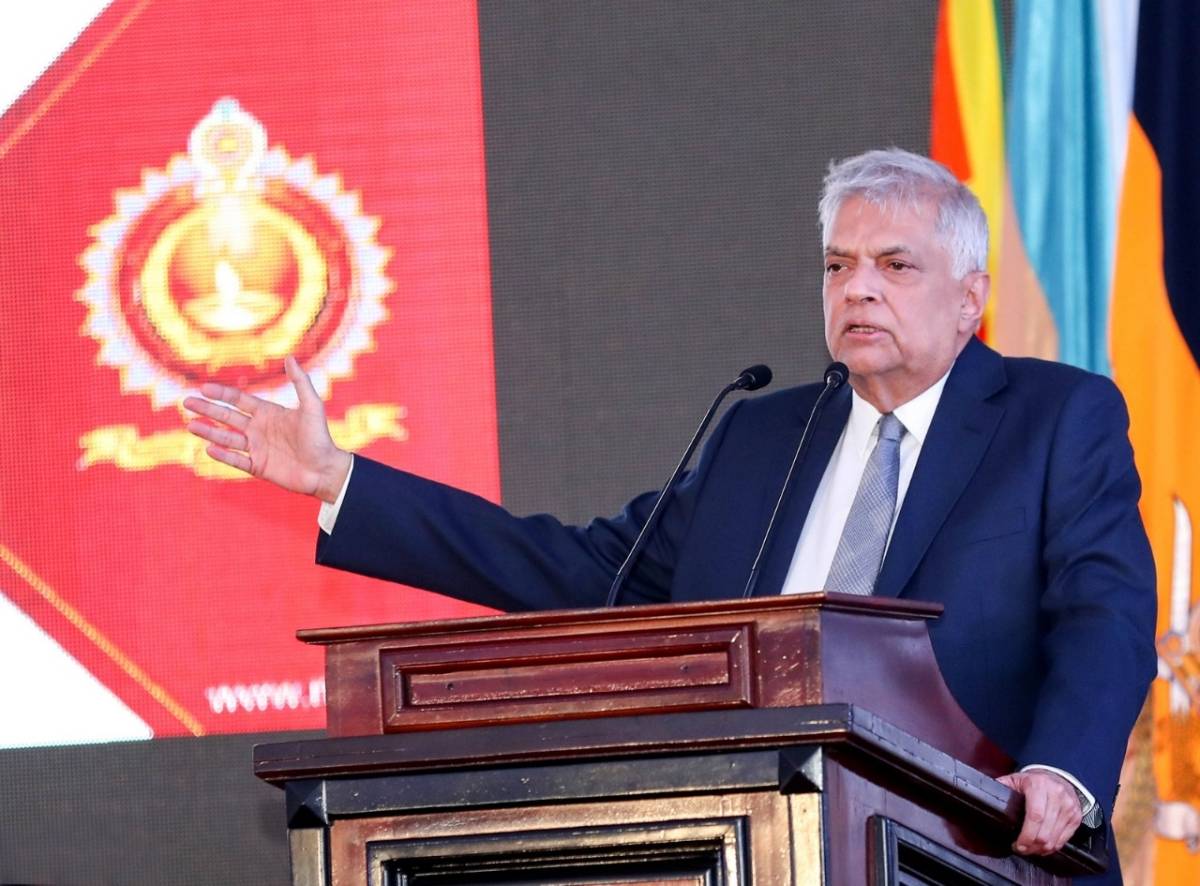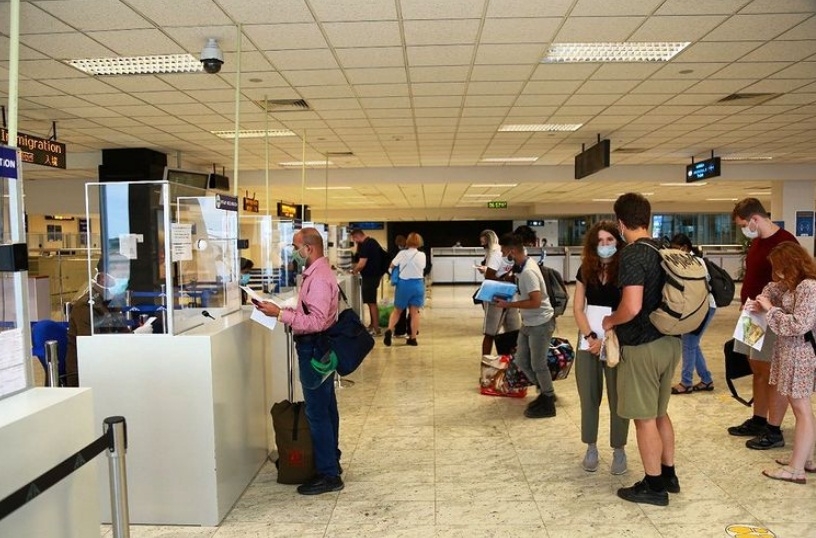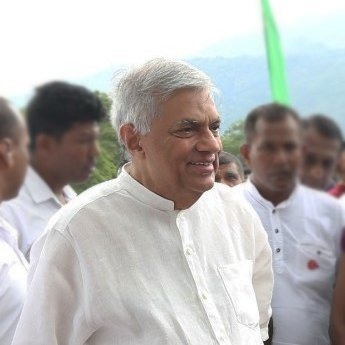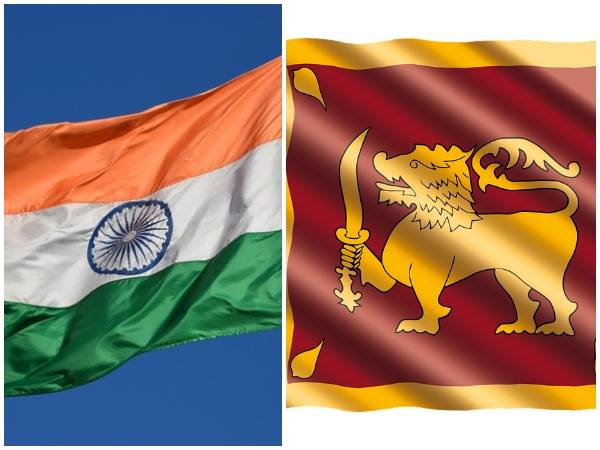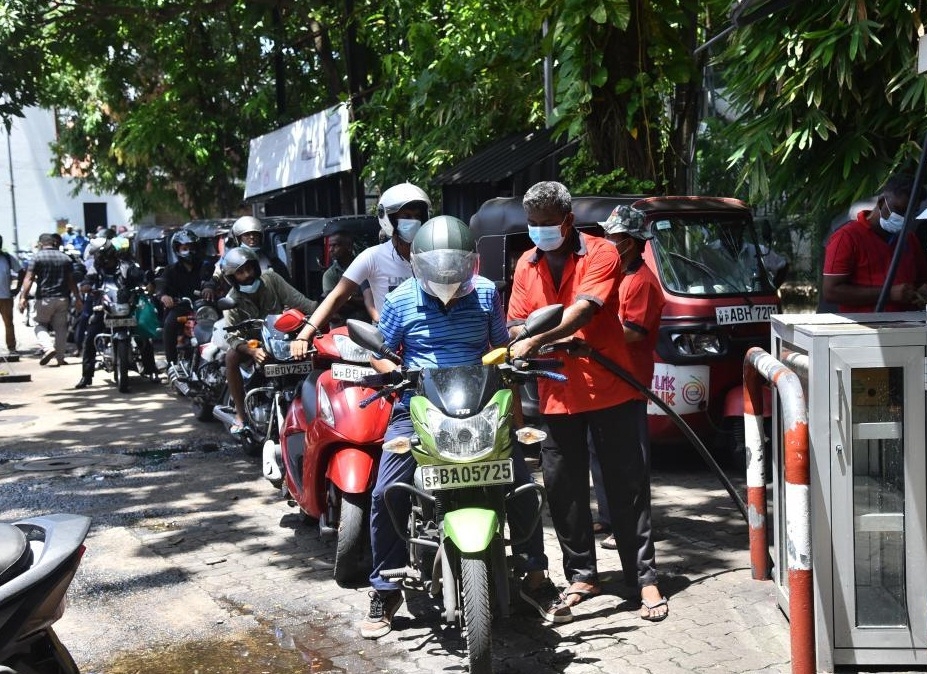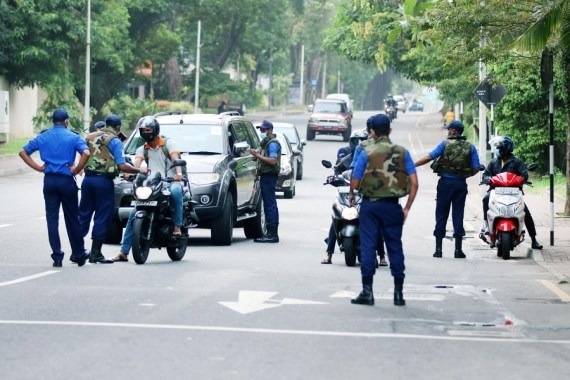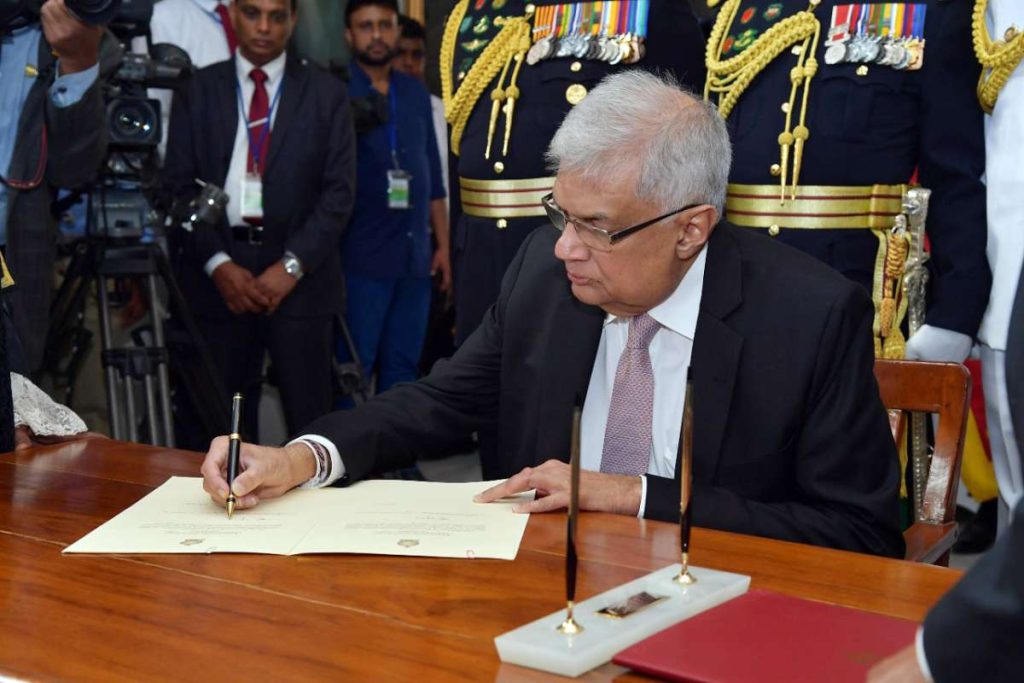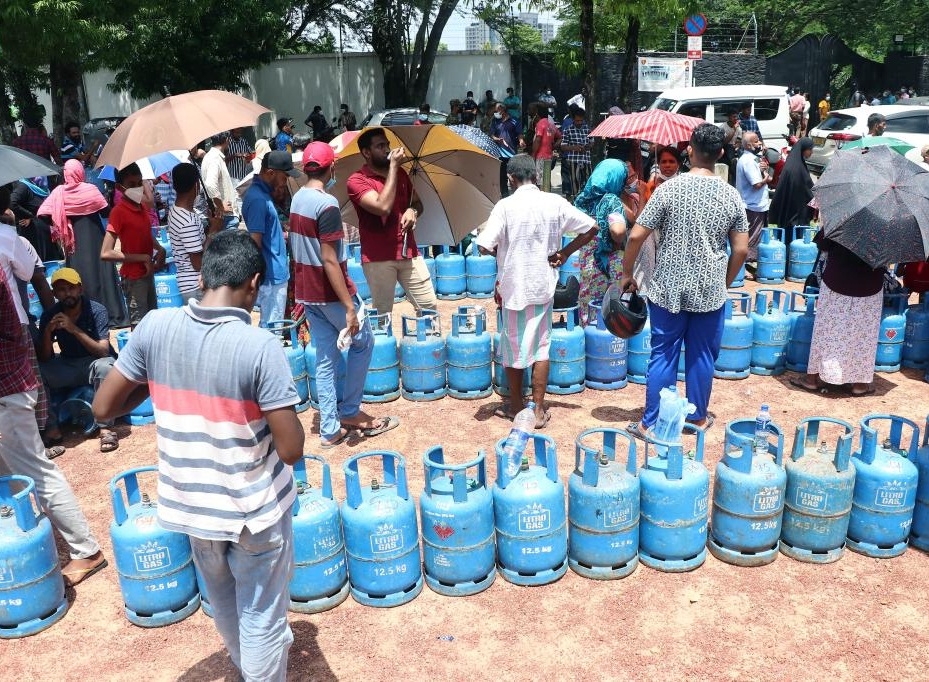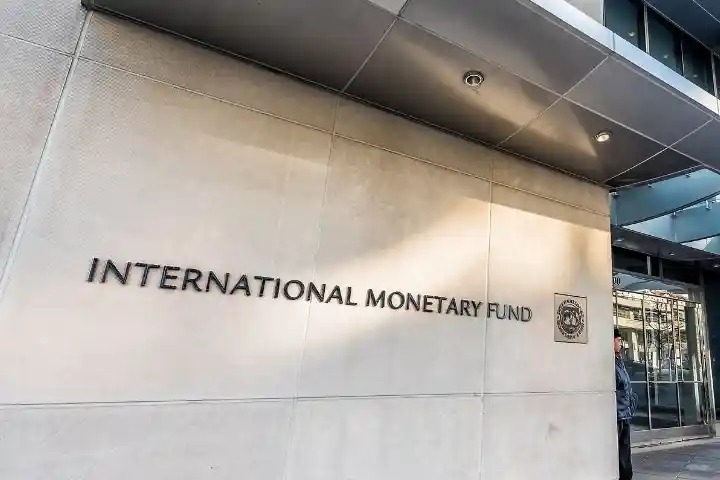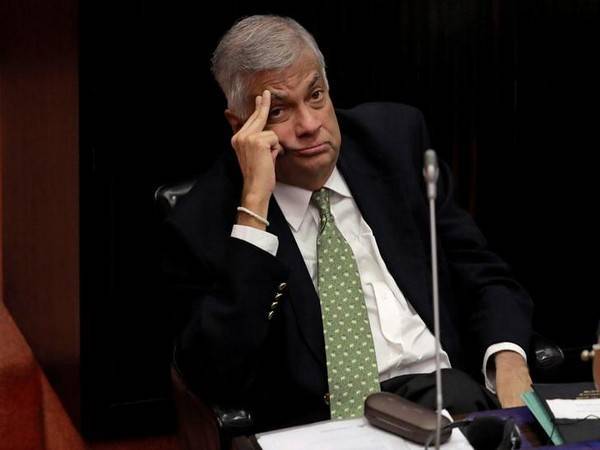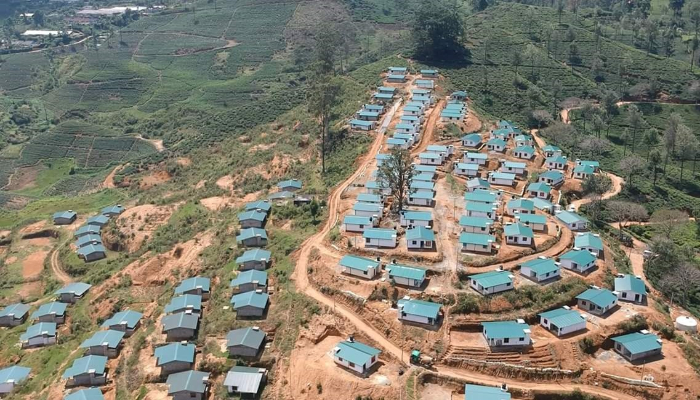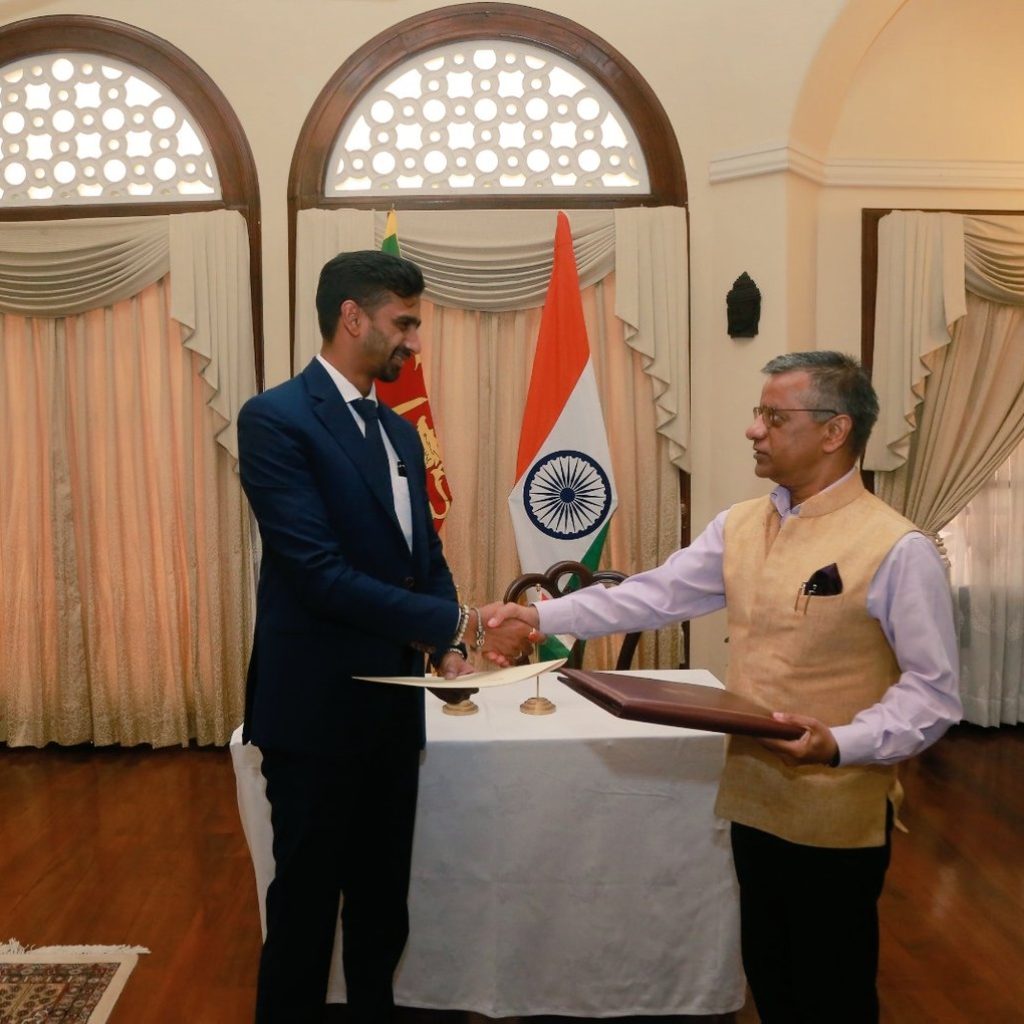The High Commissioner stressed the importance of economic integration between Sri Lanka and India…reports Asian Lite News
Sri Lanka’s High Commissioner to India Milinda Moragoda on Wednesday addressed the Economic Advisory Council to the Prime Minister of India (EAC-PM) on key areas pertaining to Indo-Lanka relations, particularly, bilateral economic integration and cooperation.
The High Commissioner stressed the importance of economic integration between Sri Lanka and India, and requested the Council to assist in that process by way of policy guidance. High Commissioner Milinda Moragoda had addressed the EAC-PM at the invitation of its Chairman Bibek Debroy. The talk was held at the Council’s office in NITI Bhavan in New Delhi.
The Economic Advisory Council to the Prime Minister (EAC-PM) is an independent body constituted to give advice on economic and related issues to the Government of India, specifically to Prime Minister Narendra Modi.
High Commissioner Moragoda premised his address on the policy roadmap, the “Integrated Country Strategy for Sri Lanka Diplomatic Missions in India- 2021/2023”, and answered the questions posed by the members of the Council following the talk, according to a statement from the High Commission of Sri Lanka.
Currently, the membership of the EAC-PM consists of Chairman Bibek Debroy and members Sanjeev Sanyal and Shamika Ravi.
Rakesh Mohan, Sajjid Chinoy, Neelkanth Mishra, Nilesh Shah, TT Ram Mohan and Poonam Gupta serve as Council’s part-time members.
Meanwhile, Sri Lankan President Ranil Wickremesinghe has sought India’s help in policy reforms, utilisation of digital technology, capacity building, good governance, and institution building to address the recent economic challenges faced by the country and to put it on the path of high economic growth.
The help was sought during a discussion with an Indian delegation led by the Director General of the National Centre for Good Governance (NCGG), Bharat Lal, mentions a statement from the Ministry of Personnel, Public Grievances and Pensions. The Indian delegation called on President Ranil Wickremesinghe on April 1, 2023, during its two-day visit to the neighbouring country at the invitation of the Sri Lankan Government. Director General NCGG was accompanied by the High Commissioner of India to Sri Lanka Gopal Bagley, Dr A P Singh, Associate Professor of NCGG and other senior diplomats of the Mission.
During the meeting, President Wickremesinghe shared his vision for Sri Lanka, a strategy to address the recent economic challenges and put the country on the path of high economic growth.
The discussion centred around policy reforms, good governance, digitalisation, capacity building and training, institution building, and assured public service delivery, reads the statement.
Sri Lankan President, the statement pointed out, admired the way India managed socio-economic development and ensured high economic growth.
During the discussion, President Wickremesinghe urged NCGG to help in establishing a University of Governance and Public Policy in Sri Lanka.
During the meeting, the Director General, NCGG underscored how Prime Minister Narendra Modi, upon assuming the role of Chief Minister of Gujarat in 2001 amid a slew of crises and negative economic growth, was able to put the state on the path of high economic growth and sustained prosperity through his vision, strategy, and progressive policies.
Consequently, Gujarat has experienced double-digit economic growth over the past two decades. Thereafter, since 2014, as Prime Minister, he has introduced a new culture of citizen-centric policies and good governance, and as a result, India is witnessing high economic growth, assured public service delivery and fast improving quality of life of its citizens. (ANI)
